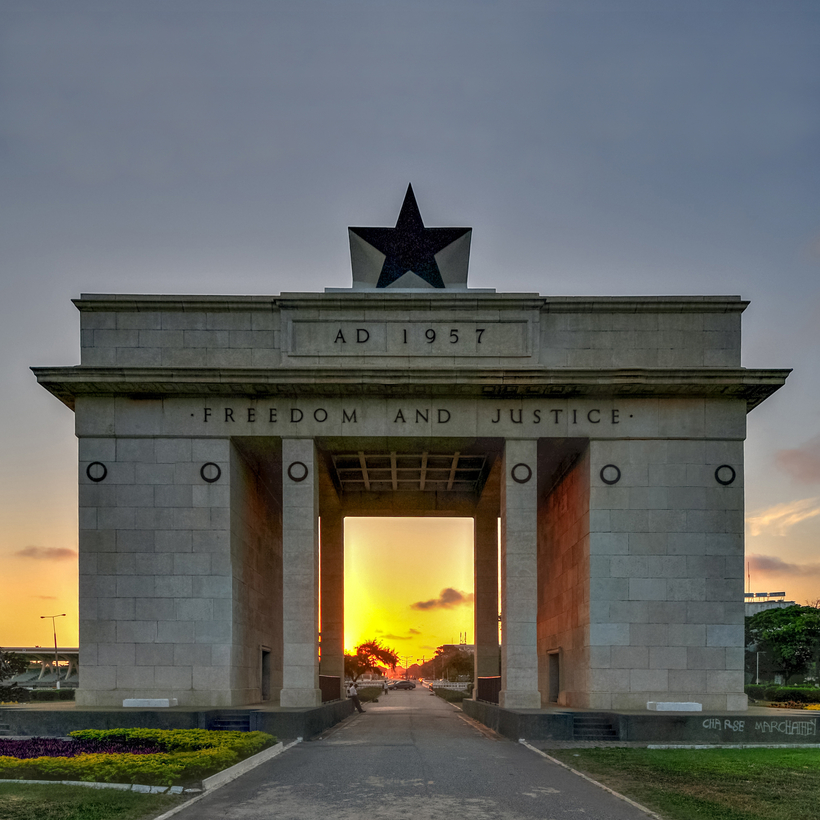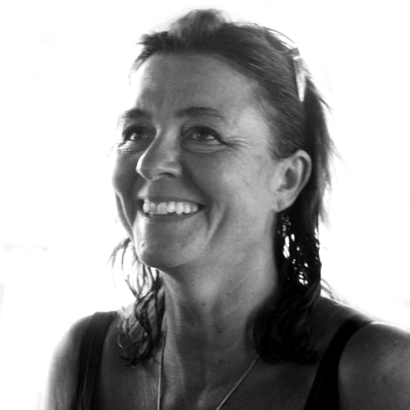I intended to spend only one night in Accra, on a layover from London to the tiny, palm-fringed islands of São Tomé and Príncipe, in the Gulf of Guinea.
But fate—or the threat of an airline strike—intervened, and turned what would have been a tiresome touchdown into a long weekend’s worth of discovery in this dynamic West African hub. How foolish it would have been to have bypassed this hive of creativity in my hurry to get somewhere else. Accra is the capital of Ghana, a stable and growing democracy, but it is also a city in the midst of a thrilling transformation. The openings of several new cultural centers and fashion boutiques are making it one of the most discussed destinations on the continent.


